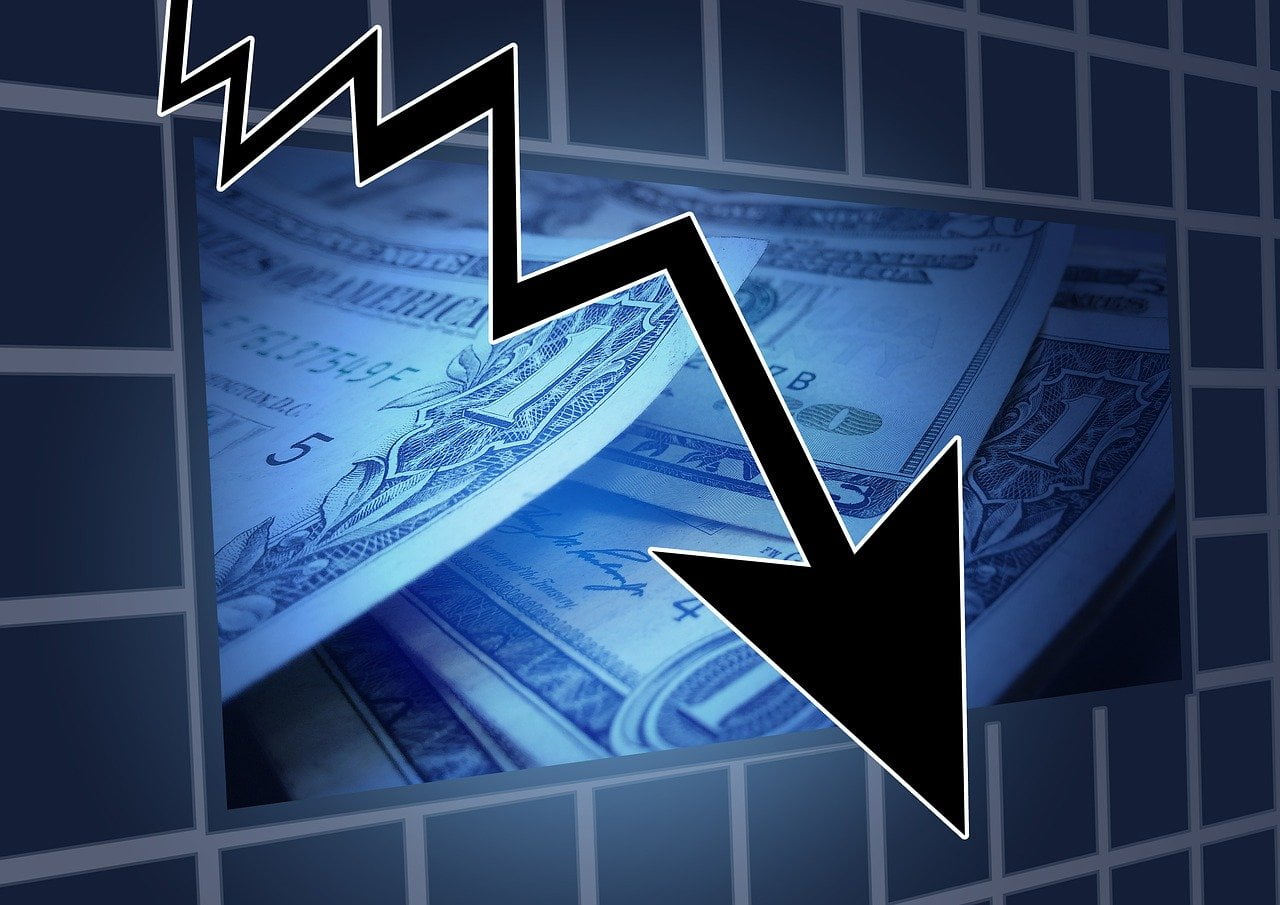In his Daily Market Notes report to investors, while commenting on the decelerating economic growth, Louis Navellier wrote:
Q2 2021 hedge fund letters, conferences and more
Investor Distractions
Three major factors are distracting investors, namely the U.S. budget deficit ceiling, soaring inflation, and supply chain/port bottlenecks.
Regarding the U.S. budget deficit, I want to assure investors that the deficit ceiling will be lifted by Congress before October 18th, but not before many politicians get to embarrass each other over the federal budget deficit.
The proposed infrastructure bill is now officially dead after the Biden Administration sided with the progressive wing of the Democratic party and alienated the more moderate members in Congress, so there are not currently enough votes in the House of Representatives to advance the proposed bill to the Senate with proposed tax hikes. The fact that taxes are not going up is very bullish for overall economic growth.
Decelerating Economic Growth
There is no doubt that economic growth is decelerating, since the Atlanta Fed recently lowered its third-quarter GDP estimate to an annual pace of 2.3%, down from its previous estimate of 3.2%. The trade deficit and weaker-than-expected home sales seem to be the primary culprit behind the Atlanta Fed’s downward GDP revision. Overall. The U.S. seems constrained by ongoing port bottlenecks, which are getting worse as retailers strive to stock up on merchandise for the holidays.
The good news is that as inflation continues to heat up and push China and other countries into a recession, the U.S. remains an oasis. The port bottlenecks and supply chain glitches persist, but at least the U.S. is not excepted to be crippled by high coal and natural gas prices that are now hindering China and much of Europe.
The Fed is blaming inflation on the port bottlenecks and still believes that inflation is “transitory.” It is important to remember that slightly over a year ago, the U.S. economy was characterized by deflation, which the Fed definitely fixed with its easy-money policies, ultralow interest rates and quantitative easing. The only problem is the Fed “overshot” its 2% inflation target.
Interestingly, the Fed’s favorite inflation indicator, namely the Personal Consumption Expenditures (PCE) index rose 0.3% in August and is now running at a 4.3% pace in the last 12 months, which is the highest level in 31 years.
Fed Chairman Jerome Powell before the House of Representatives recently said the surge in prices this year “is a function of supply-side bottlenecks over which we have no control.” However, Powell also briefly spooked the stock market when he said the Fed faces a “Difficult Trade-Off” if inflation does not moderate and stressed that “Our expectations in that inflation will come down.”
The Proposed Tax Increases Have Been Shelved
One thing that should help the U.S. consumer is the proposed tax increases have been shelved, due to the infighting within the Democratic Party that is scared of losing their majority in the 2022 mid-term elections. Essentially, any significant tax increase, even for infrastructure spending, would be viewed as a negative development heading into the 2022 mid-term elections.
Furthermore, Senator Joe Manchin made it crystal clear that no matter what spending package the House of Representatives passes, he had not been consulted and would likely not support the proposed bill. In the end, Senator Joe Manchin is the most powerful person in Washington D.C., so any spending and tax increases will have to be approved by him.
The bottom line is that the U.S. economy remains an oasis around the world, which is why the U.S. dollar is near a one-year high. Not only does the U.S. have positive economic growth, but we also have higher interest rates and continue to attract foreign capital that may keep Treasury yields artificially low. Furthermore, although the pace of economic growth in the U.S. is slowing, the consumer remains healthy based on personal income and many companies have robust order backlogs due to port bottlenecks and other supply shortages. Finally, our growth stocks are a great inflation hedge.
The fourth quarter is a seasonally strong quarter that is characterized by positive gains for October, November and December. I should add that January is also a seasonally strong month, so we have four straight months of seasonal strength to look forward to. November is the strongest month in the fourth quarter since we typically get an “early January effect” just before Thanksgiving when small-capitalization stocks seasonally surge.
Heard & Notable:
The Pandora Papers Leak revealed 2.94 terabytes of offshore tax activities of prominent figures in the world of business, politics, entertainment and sports. Compared to the famous 2010 Wikileaks release of U.S. diplomatic cables, the Pandora Papers are more than 1,700 times as large. Source: Statista













